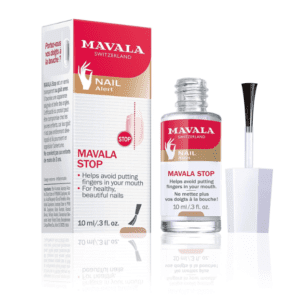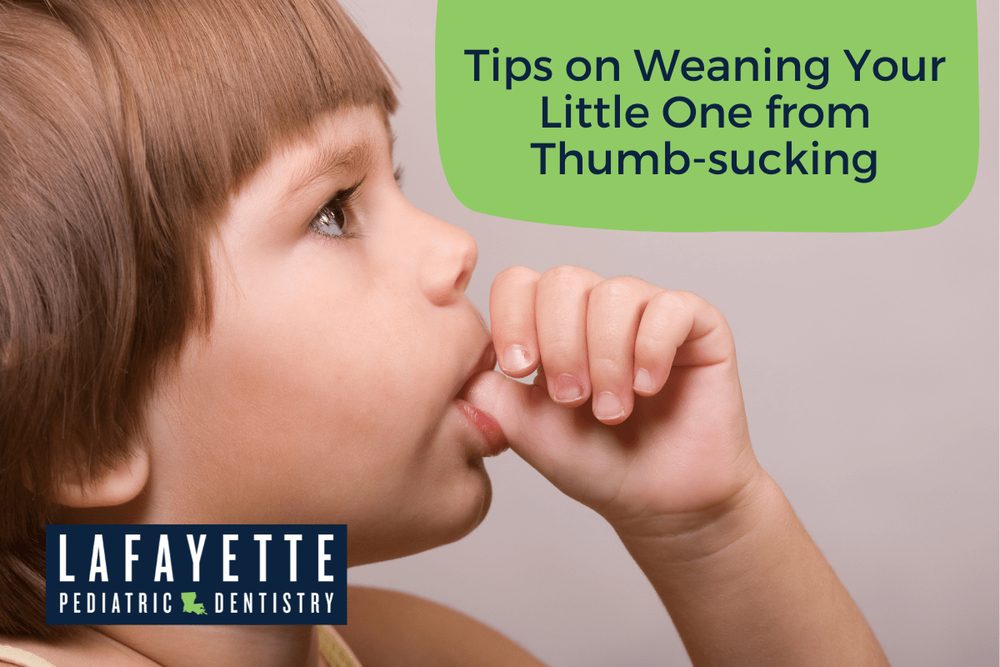Thumb- or finger-sucking is a natural soothing instinct that often develops in utero and persists into the toddler years. There is a strong emotional component and feeling of security that is created by a sucking habit.
Therefore, it’s important to understand that a child must be mentally ready to stop the finger-sucking habit. In other words, parents need to encourage them to want to stop this habit from happening consciously and wean down to where they tend to suck only when extremely tired or distracted.
To get them to this stage, we recommend awareness on the child’s part as well as lots and lots of positive encouragement. Here are some ways you can do to get your little one stop finger- and thumb- sucking.
Offer Gentle Reminders
Talk to your little one about why it’s important to stop, and use positive language. Some examples are:
- “Stopping is just part of growing up. You’re __ years old now and so big and brave! You help mommy with so many things. I think you can do this.”
- “Stopping helps keep yucky germs out of your mouth”
- “Stopping keeps your smile looking beautiful like a princess/superhero”
Use Positive Reinforcements
Reinforce your child’s sense of security and confidence outside the thumb and build your child’s confidence with a lot of positive feedback when they do something “independent” or “grown up” (“I love how you used your words there. Thank you for telling me how you feel.” or, “It’s so great that you finished all your food like a big boy!”)
It’s best to avoid negative commentary directed at the thumb (e.g. “Thumb-sucking is only something little babies do”), and direct the most focus on times when the finger is out of their mouth (“I’m so proud of you!”) versus when it is in their mouth (“I told you to stop.”).
You can also create more special moments between the two of you that foster a special, secure connection, like:
- One-on-one time before bed, where you read and talk together, with lots of hugs and cuddles—helping to establish that soothing, secure feeling that eventually replaces the thumb
- Create a special symbol, handshake, or secret only the two of you share
Offer Rewards or Incentives
Create a chart or system that earns them a sticker or token for every set amount of time they do not suck the thumb/finger; at the end of the week, a reward is given for so many stickers/tokens (Preferably not candy! 😊)
Explore Alternative Comforts
- Encourage your child to turn to you or another family member, rather than soothing with objects for security
- Figure out when/where the thumb/finger habit is triggered and think of a transitional object they can use to comfort themselves with during this time (ie small stuffed animal)
Once they’ve reached a stage where they are willing to stop, but just need a reminder when they are tired or distracted, find ways to subtly remind them to stop. Here are some ideas:

- Have a “goodbye thumb/finger” party!
- Give your child an object to “distract their hands,” like a squishy ball or fidget spinner
- Wrap a bandaid around their thumb/finger as a subtle reminder
- Bitter-tasting nail polish (i.e. “Mavala Stop,” which is sold on Amazon), is another good subtle reminder
- Don’t forget the positive language (“I’m so proud of you for not needing your thumb to help you fall asleep last night!”)
- For bedtime:
- Try wrapping an Ace Bandage around their elbow to make it harder for them to flex and bring the thumb to their mouth
- Have your child wear socks on their hands
Of course, there are rare instances where a finger-sucking habit can persist well into the elementary school years despite our best efforts. There are some additional appliances that can be of use, such as a thumb guard or “crib” appliance that prevents the finger from resting in the child’s mouth. These appliances are a last resort, for more “stubborn” cases where cessation of nighttime sucking needs a little extra reinforcement.
Why is It Important to Stop Finger Sucking?
Prolonged finger/thumb sucking can actually cause detrimental effects to the developing jaws and teeth. At Lafayette Pediatric Dentistry, we have seen many conditions, such as crossbites and open bites (where the front teeth do not overlap properly), that have been created by digit sucking and can lead to speech and orthodontic problems. Correction with braces isn’t always possible with a persistent habit or at an early age.
We here at Lafayette Pediatric Dentistry understand that digit sucking is a natural soothing instinct, and that there is a lot of emotion involved. That’s why we recommend beginning positive conversations and confidence-building as early as possible, when your child is beginning to understand and learn about themselves.
If you need more information on how to get your kid to stop thumb or finger-sucking, do not hesitate to schedule a consult with us. Our team of pediatric dental specialists in Lafayette, LA, is always ready to work with you to help your child break the habit. We are here for you! Contact us to schedule an appointment.
